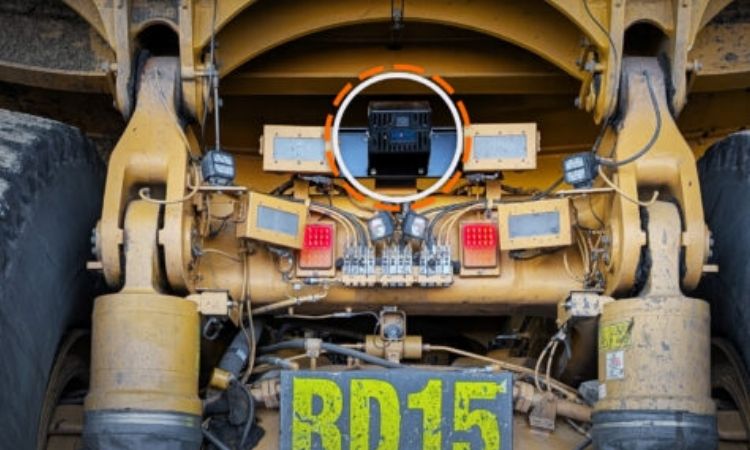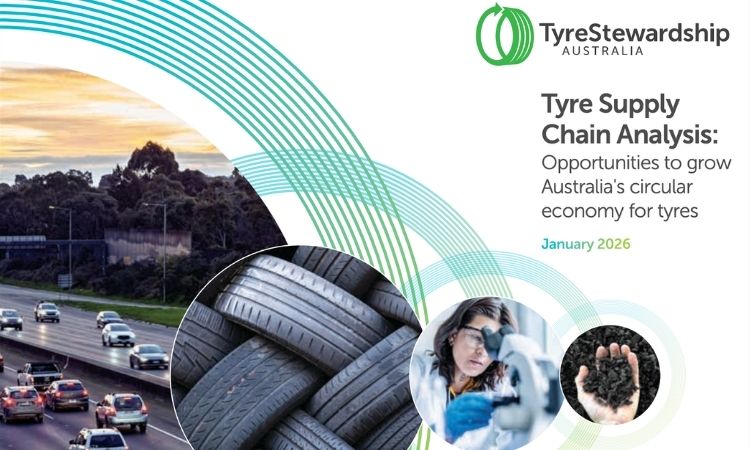State audit reveals the need to improve Utah’s waste tire program
An audit performed by Utah’s Office of the Legislative Auditor General reveals that Utah’s waste tire program needs improvement in waste tire fund utilization, tracking, outreach and oversight. The Utah waste tire program was founded by the Utah legislature in 1990 and is funded by a fee of $1 levied on consumers on every new tire purchased in the state. In the time span between fiscal years 1991 and 2017, the program recycled over 711,000 tons of waste tires. Utah Department of Environmental Quality reports that this number is equivalent to over 46 million units. However, there are considerable gaps between the program’s goals and its performance, according to the audit dated January 2019. The audit mentions that Utah’s Waste Tire Recycling Fund had a balance of $4.6 million in 2018; this means the highest amount in its history, according to the audit.
“[But] despite the act fostering a strong waste tire recycling industry, a gap exists where consumers, over the last two years, generated more waste tires than recyclers collected for processing,” the audit said. “We believe the legislative intent to promote tire pile cleanup at landfills and in abandoned piles has not been fully realized.”
The audit includes recommendations for the legislature to increase the use of fund’s money to help cities and counties – those who currently don’t have or can’t afford tire collection and recycling – proper waste tire management systems. The audit also includes recommendations to the Utah Division of Waste Management and Radiation Control to make improve the scrap tire program. According to the audit, suggested changes include:
- Establishing a manifest system or other tracking system to better control the transportation of waste tires to recyclers;
- Better educating landfill operators on how to qualify for and use authorized funding;
- Adopting metrics that better measure program impact and effectiveness; and
- The auditors found instances of burying whole tires with other types of solid waste or under dirt cover, and one instance of a waste site cleanup project in which the program managers used an unregistered recycler and an unregistered hauler. The auditors advised stronger oversight of the program.
“We believe that the division’s implementation of these recommendations is especially timely, since the legislature will shortly consider whether to renew the program, which is scheduled to sunset in 2020,” the auditors said.
On January 22, Rusty Lindberg, acting director of the Division of Waste Management, sent a reply to the Office of the Legislature Auditor General, asserting that his division is evaluating the auditors’ recommendations and will implement applicable changes to the waste tire program.
Article by Rubber & Plastic News.
Weibold is an international consulting company specializing exclusively in end-of-life tire recycling and pyrolysis. Since 1999, we have helped companies grow and build profitable businesses.









